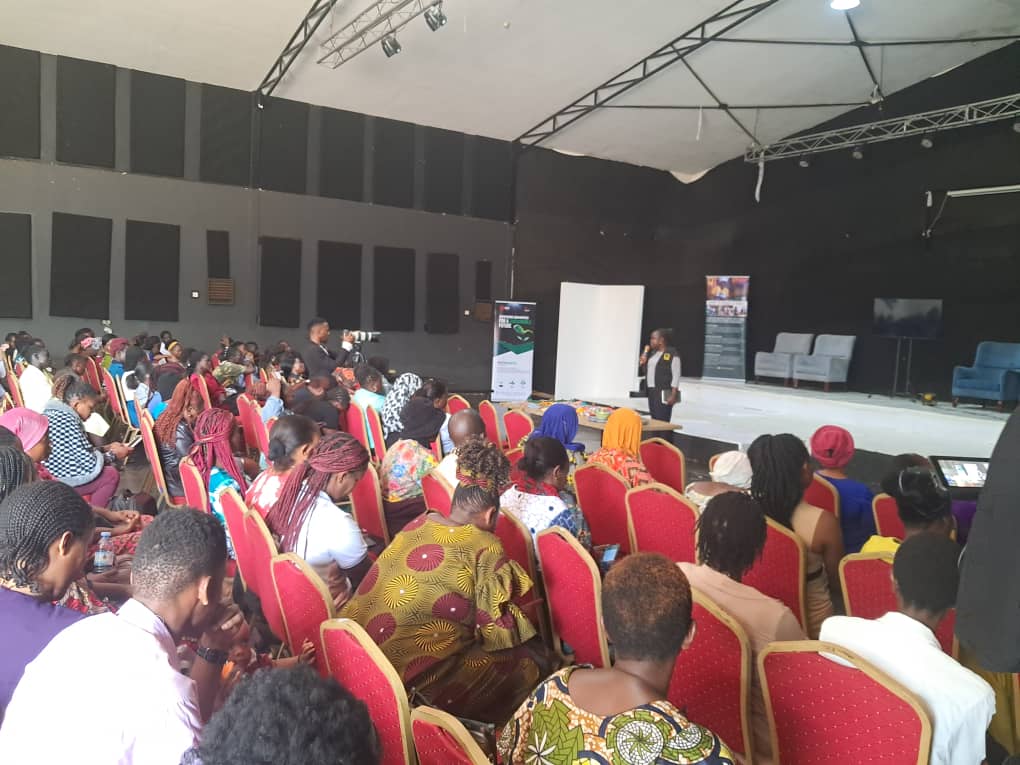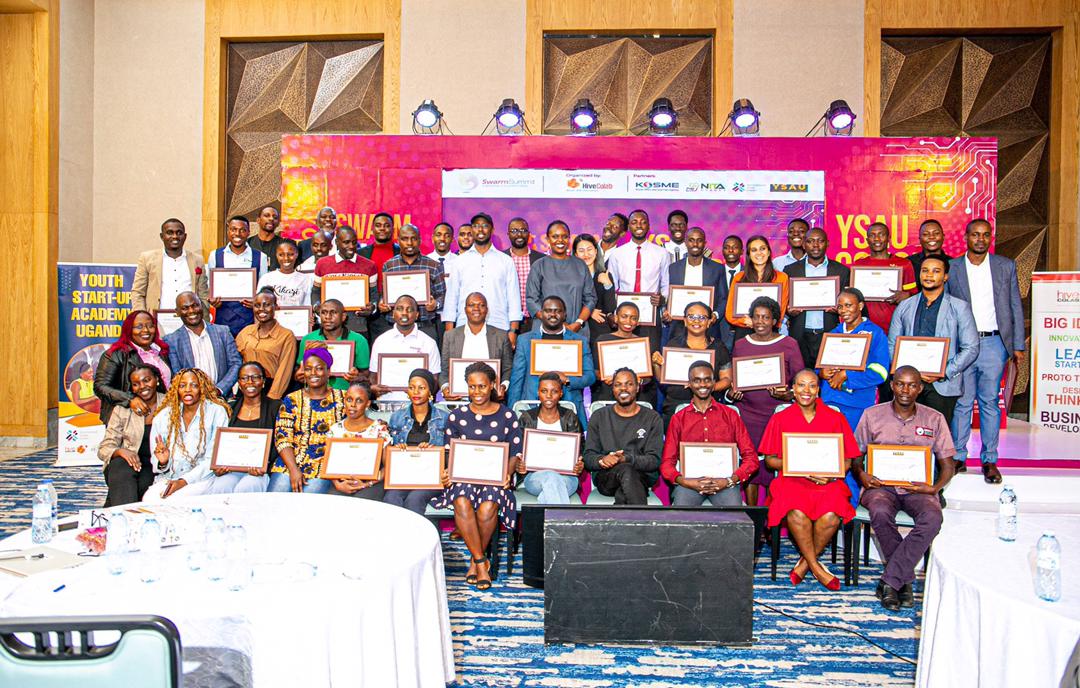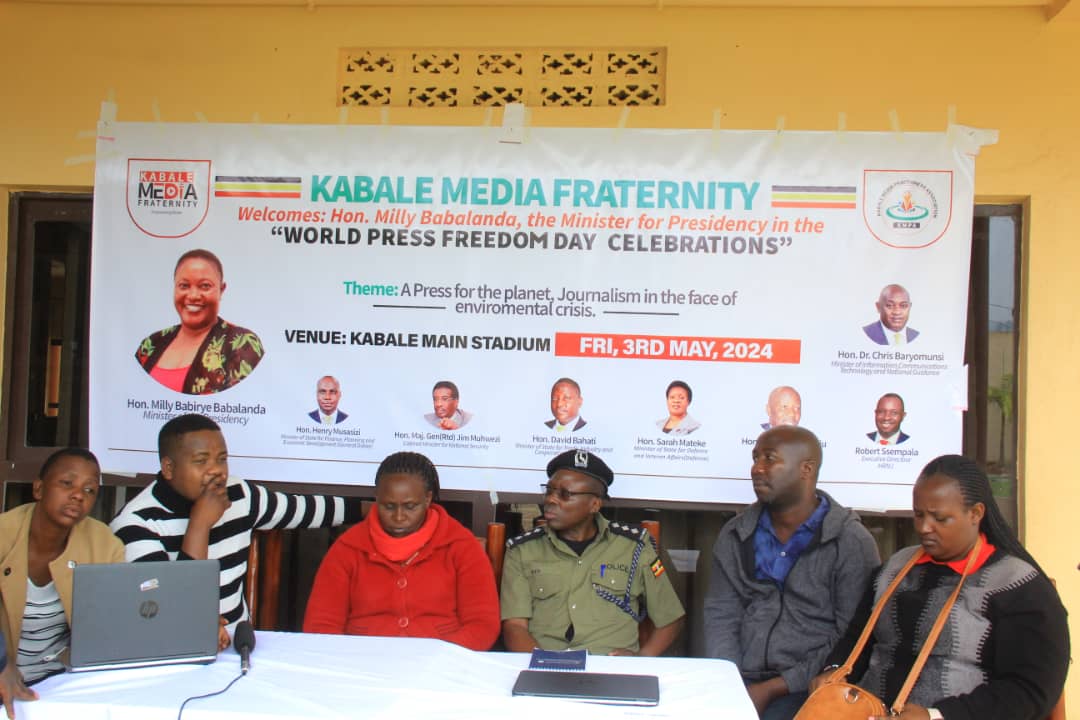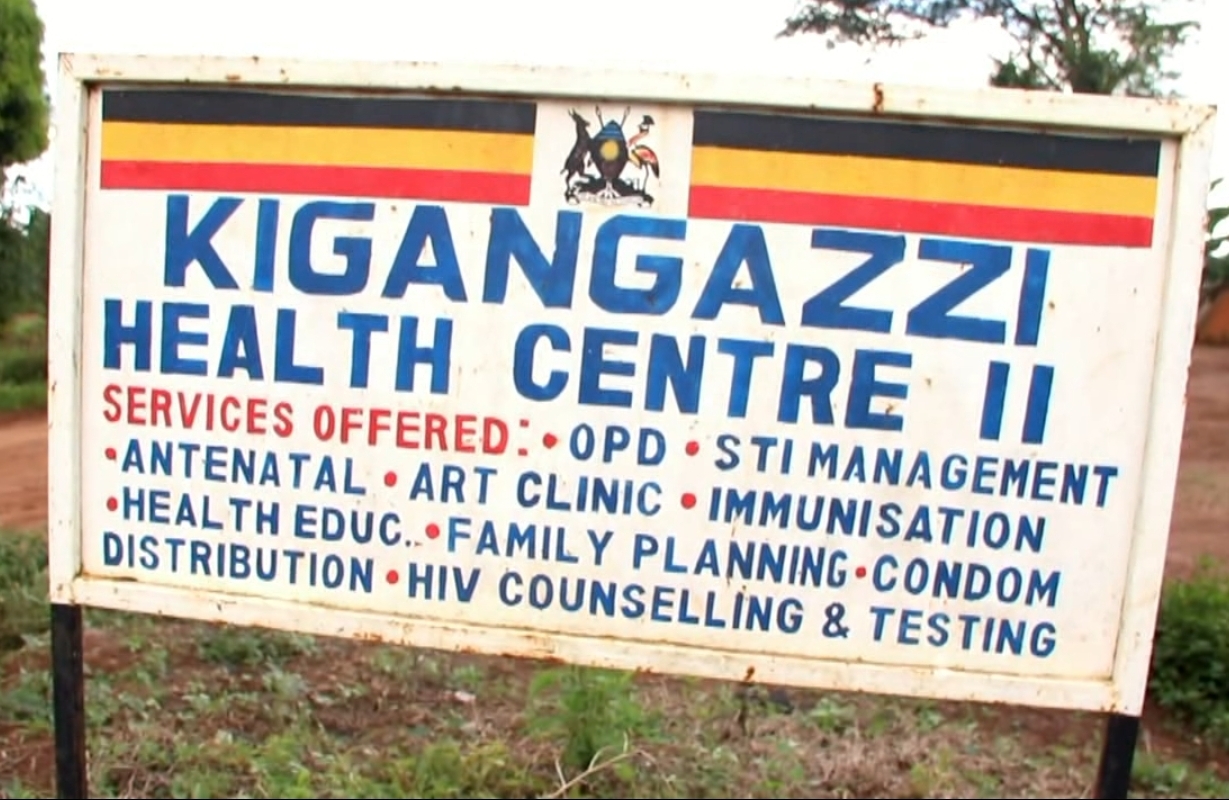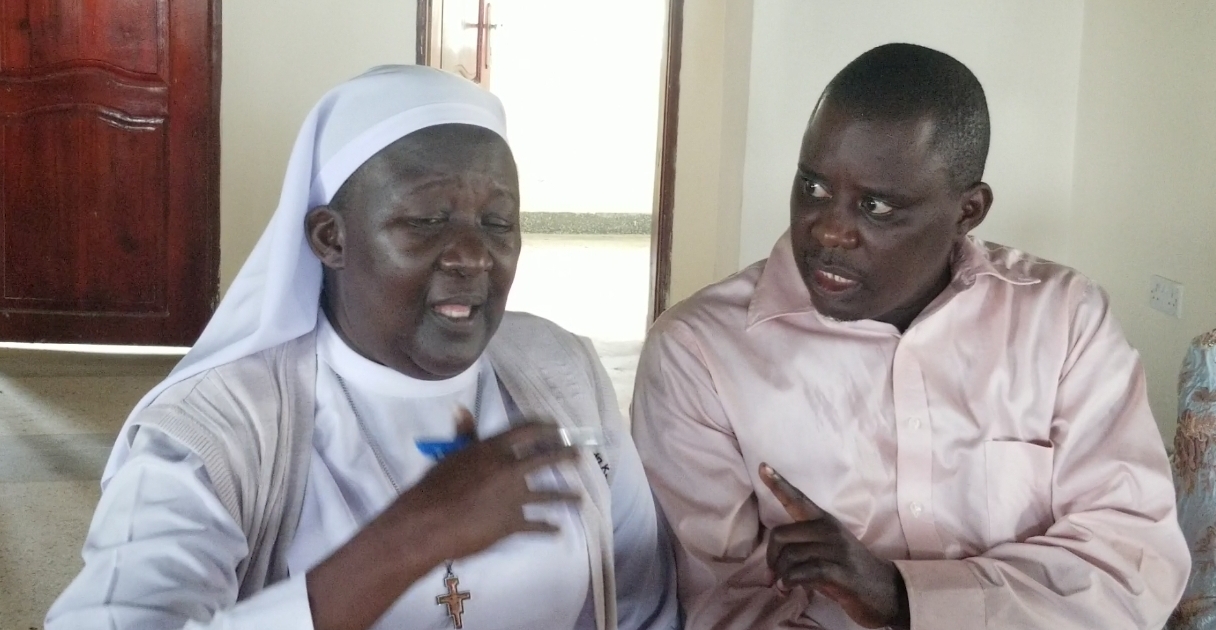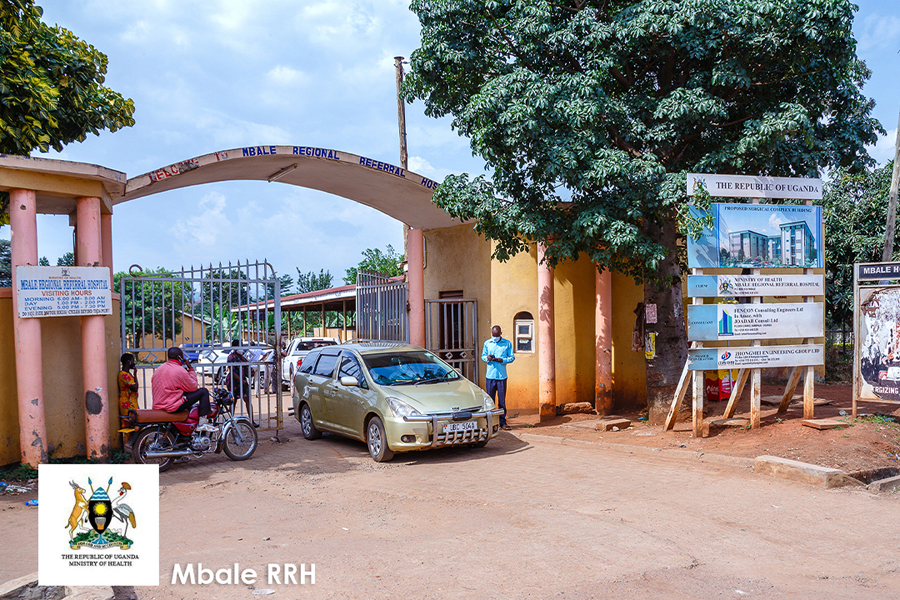Human-Wildlife Conflict Escalates in Uganda: Balancing Conservation and Livelihoods
Uganda, boosts of dense forests and sprawling savannas teem with biodiversity, a growing conflict between humans and wildlife threatens the delicate balance between conservation and livelihoods. As human populations expand and encroach upon wildlife habitats, conflicts between people and animals have become increasingly frequent and intense, posing challenges to conservation efforts and jeopardizing the well-being of both humans and wildlife.
At the heart of Uganda's human-wildlife conflict are competing interests and needs that often pit conservation objectives against the livelihoods and safety of local communities. As wildlife populations dwindle and habitats shrink due to habitat loss, fragmentation, and degradation, animals are forced to venture into human settlements in search of food, water, and shelter, leading to confrontations with farmers, herders, and residents.
Keep Reading
One of the most pressing manifestations of human-wildlife conflict in Uganda is crop raiding, where elephants, buffalo, and other herbivores damage or destroy crops, leading to significant economic losses for farmers and exacerbating food insecurity in rural communities. In regions such as Queen Elizabeth National Park and Murchison Falls National Park, where agriculture and wildlife habitats overlap, crop raiding incidents have become increasingly common, straining relations between farmers and conservation authorities and undermining efforts to promote coexistence.
Moreover, human-wildlife conflict takes a toll on the safety and well-being of both humans and wildlife, with incidents of human injury, loss of life, and retaliatory killings of animals exacerbating tensions and perpetuating cycles of violence. In communities where wildlife poses a direct threat to human lives and livelihoods, residents often resort to lethal methods, such as poisoning, shooting, or trapping animals, in an effort to protect themselves and their property, further escalating conflicts and undermining conservation efforts.
Furthermore, human-wildlife conflict has broader implications for biodiversity conservation and ecosystem health, as it undermines efforts to protect and restore critical habitats and wildlife populations. By disrupting natural ecological processes and driving species to the brink of extinction, conflicts between humans and wildlife threaten the long-term viability of ecosystems and the services they provide, including carbon sequestration, water purification, and pollination, with far-reaching consequences for human well-being and sustainable development.
In response to the escalating human-wildlife conflict, stakeholders in Uganda are exploring innovative approaches to promote coexistence and mitigate conflicts between humans and wildlife. Community-based initiatives, such as the construction of crop barriers, installation of beehive fences, and deployment of trained wildlife rangers, are helping to deter animals from raiding crops and reduce human-wildlife conflicts. Moreover, education and awareness-raising campaigns are empowering communities to adopt sustainable land use practices, promote wildlife-friendly agriculture, and develop alternative livelihoods that reduce dependence on natural resources and mitigate conflicts.
However, addressing human-wildlife conflict in Uganda requires a holistic and multi-stakeholder approach that balances the needs of conservation with the rights and interests of local communities. By promoting dialogue, collaboration, and shared decision-making between conservation authorities, local communities, and other stakeholders, Uganda can develop sustainable solutions that enhance human well-being, protect biodiversity, and promote coexistence between humans and wildlife. As the nation strives to achieve its conservation goals and promote sustainable development, addressing human-wildlife conflict will remain a critical priority in ensuring the harmonious coexistence of people and nature.






